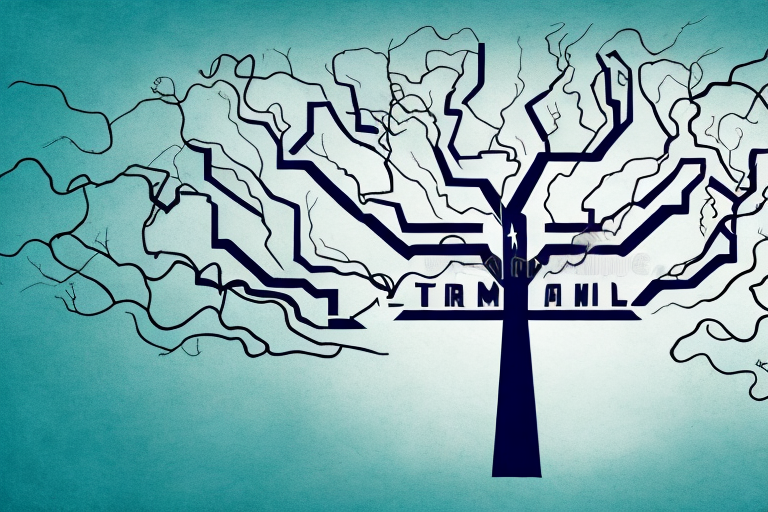What Is Building and Construction Law and Why Is It Important?
Understanding Building and Construction Law Building and construction law encompasses a wide range of legal principles and regulations that govern the construction industry. This area of law is crucial for ensuring that construction projects are completed safely, efficiently, and in compliance with relevant laws and standards. It covers everything from contracts and planning permissions to health and safety regulations. The legal framework surrounding building and construction is designed to protect the interests of all parties involved, including contractors, subcontractors, architects, engineers, and clients. By understanding these laws, stakeholders can mitigate risks and avoid potential disputes. Furthermore, the complexity of construction projects often requires a multi-disciplinary approach, which means that legal professionals must collaborate with engineers, project managers, and other specialists to ensure that all legal aspects are appropriately addressed. This collaborative effort is vital in navigating the intricate web of regulations that govern the industry. Key Components of Building and Construction Law Several key components define building and construction law, including contract law, tort law, and statutory regulations. Contract law governs the agreements made between parties involved in a construction project, outlining the responsibilities and obligations of each party. Tort law, on the other hand, deals with civil wrongs that may occur during construction, such as negligence or breach of duty. Statutory regulations, including the Building Act and various health and safety legislations, set out mandatory requirements that must be adhered to in order to ensure the safety and welfare of workers and the public. These laws are essential for maintaining standards within the industry. Additionally, there are specific regulations concerning environmental impact assessments and sustainability practices, which have become increasingly important in recent years. As the construction industry faces growing scrutiny over its environmental footprint, compliance with these regulations is not just a legal obligation but also a moral imperative for many firms aiming to promote sustainable development. The Role of Contracts in Construction Projects Contracts are fundamental to building and construction law as they establish the legal framework for the project. They detail the scope of work, timelines, payment schedules, and other essential terms. A well-drafted contract can help prevent disputes and provide a clear course of action should issues arise. Common types of construction contracts include fixed-price contracts, cost-plus contracts, and design-build contracts. Each type has its own advantages and disadvantages, and the choice of contract can significantly impact the project’s outcome. For instance, fixed-price contracts provide certainty regarding costs but may lead to disputes if unforeseen circumstances arise. Conversely, cost-plus contracts offer flexibility but can result in higher overall expenses if not carefully monitored. Understanding the nuances of these contracts is vital for all parties involved, as it can influence not only the financial aspects of the project but also the overall relationship between stakeholders throughout the construction process. Moreover, the inclusion of clauses addressing dispute resolution methods, such as arbitration or mediation, can further enhance the effectiveness of contracts, providing a structured approach to resolving conflicts should they occur. The Importance of Building and Construction Law Building and construction law plays a vital role in the successful execution of construction projects. Its importance can be highlighted through several key aspects, including risk management, compliance, and dispute resolution. Risk Management Effective risk management is crucial in the construction industry, where projects often involve significant financial investment and potential hazards. Building and construction law provides a framework for identifying, assessing, and managing risks. By adhering to legal requirements and best practices, stakeholders can minimise the likelihood of accidents, delays, and financial losses. Moreover, understanding the legal implications of various risks allows parties to allocate responsibilities appropriately within contracts, ensuring that each party is aware of their obligations and potential liabilities. Compliance with Regulations Compliance with building and construction laws is not merely a legal obligation; it is essential for the safety and integrity of construction projects. Regulatory frameworks ensure that construction practices meet established standards, protecting workers, clients, and the public. Failure to comply with these regulations can lead to severe consequences, including fines, project delays, and even legal action. Therefore, staying informed about relevant laws and regulations is crucial for all stakeholders in the construction industry. Common Legal Issues in Building and Construction Despite the comprehensive framework provided by building and construction law, disputes and legal issues can still arise. Understanding these common issues can help stakeholders navigate potential challenges more effectively. Contract Disputes Contract disputes are among the most prevalent issues in the construction industry. These disputes often arise from disagreements over contract terms, such as scope of work, payment schedules, or timelines. When parties fail to adhere to contractual obligations, it can lead to significant delays and financial losses. To mitigate the risk of contract disputes, it is crucial to ensure that contracts are clear, comprehensive, and mutually agreed upon. Regular communication between parties throughout the project can also help address potential issues before they escalate. Delays and Disruption Claims Delays in construction projects can have far-reaching consequences, leading to increased costs and strained relationships between parties. Disruption claims arise when one party’s actions or inactions cause delays that impact the overall project timeline. To address these claims, it is essential to maintain accurate records of project progress and communication. This documentation can serve as evidence in the event of a dispute and help clarify the reasons for any delays. Dispute Resolution Mechanisms When disputes arise in the construction industry, various mechanisms can be employed to resolve them. Understanding these options is essential for stakeholders looking to address conflicts effectively. Negotiation and Mediation Negotiation and mediation are often the first steps in resolving construction disputes. These informal processes allow parties to discuss their differences and seek a mutually agreeable solution without resorting to formal legal action. Mediation, in particular, involves a neutral third party who facilitates discussions and helps guide the parties towards a resolution. These methods can be beneficial as they tend to be quicker and less costly than litigation. Additionally, they allow parties to maintain control over the outcome, fostering a
What Is Building and Construction Law and Why Is It Important? Read More »










